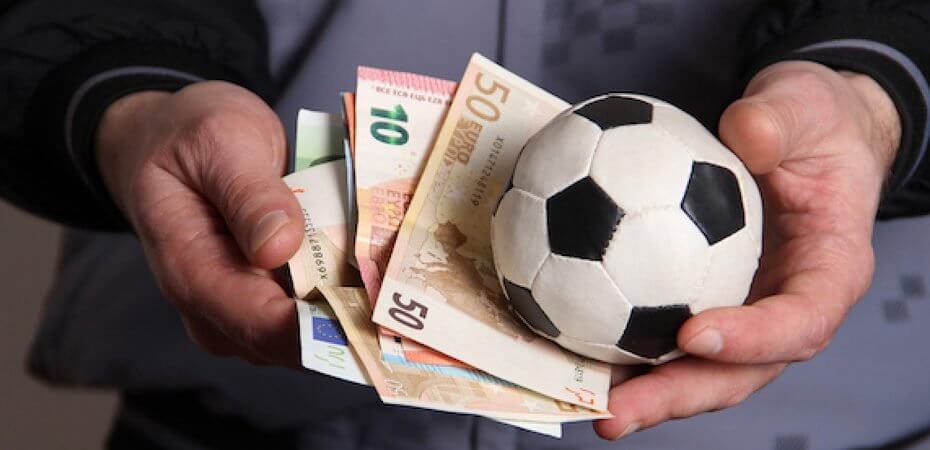How Do Sportsbooks Make Money
Last month we held a little clinic on Sports Book betting and let you behind the curtain on some sports wagering slang terms. After all, you need to talk the talk before you can walk the walk. This month we are continuing our education in letting you know how Sports Books work. Again, if you know why sports books do the things they do, you may have a better experience while playing.
How do Sportsbooks Make Money? If you are looking to be a bookie then you are going to need to get set up with a pay per head sportsbook that will be able to provide you with a website and platform for your. How do sportsbooks make money? What is Vigorish, what strategies are deployed and how profits are maximized? Get all the answers in this comprehensive guide!
Right off the bat, let’s be perfectly clear. Sports books make money on every straight bet they take action on. It’s a foregone conclusion. Let me explain.
Sports Books charge vigorish also known as “the vig” or “juice”. Juice is the amount charged by a sportsbook for their services. By taking on the risk of handling all bets, the book takes a percentage, typically 10%. Why else would they take the risk of covering all bets? Bookmakers use this concept to make money on their wagers regardless of the outcome. Because of the vigorish concept, bookmakers should not have an interest in either side winning in a given sporting event.
Piggybacking that same concept, sports books set the line at a certain number that will encourage betting action on both teams. No matter what NCAA Football Predictions you may hear on the radio or read online, the point spread is there to encourage the exact same amount of money is wagered on both teams.
Please keep in mind that sports books have no rooting interest in any game on the boards. They just want equal action on both sides. Because most sports books keep 10% juice, when you win a bet, you are only paid about 190% of your bet. If you bet $100 on the Ravens this past weekend and another person bet $100 on the Steelers, the sports book would be happy. Because the Ravens won, the sports book would take the $100 lost by the Steelers bettor and apply it to your winnings. You would get your original wager of $100 plus a portion of the money the Steelers bettor lost. You would cash a ticket worth $190 and the sports book keeps the remaining $10 as their commission for taking the betting action and risks.
You may sometimes see a point spread move up or down from the day the opening line was announced to game time. A line moving up or down simply indicates one team has received an inordinate amount of money placed on it. Because the sports book wants to encourage equal betting on both teams, they will then move the line a point or two in the favor of the other team that has been under bet. By giving more points to the other team makes them more attractive to sports wagerers and thus encourage more money to come in on the other side.


When a sports book announces the opening point spreads, they are not based what the actual professional handicapper thinks will be the final score differential. The opening line is the handicapper’s guess as to what he believes the general public will perceive the final score to be. Under performing teams that are popular nationwide, Notre Dame is a prime example, will typically get smaller opening odds because handicappers know people will bet with their heart. Many fans will lay down a wager on their favorite team just because they want to support their team not only in their heart but at the betting window. Teams with large fan followings that are loyal to a fault are hard to handicap because the lines maybe skewed to encourage others to bet on the opposition and to balance out all the rabid fans.
How To Read Betting Odds
Now that you know the inner working of how a sports book can afford to pay out all those huge winners, you can be a better informed and knowledgeable wagerer. Next month’s installment of Sports Book 101 will involve smart sports wagering and how to wager responsibly using a tight bankroll.